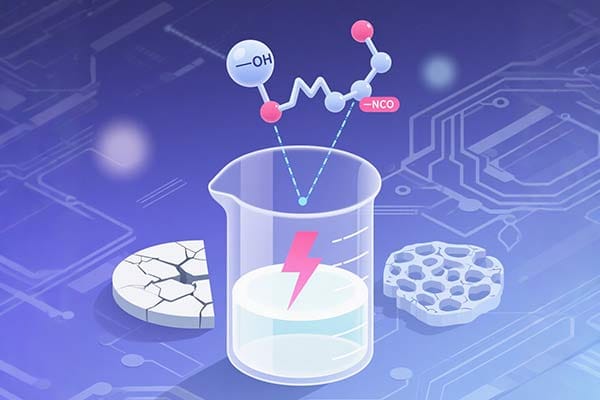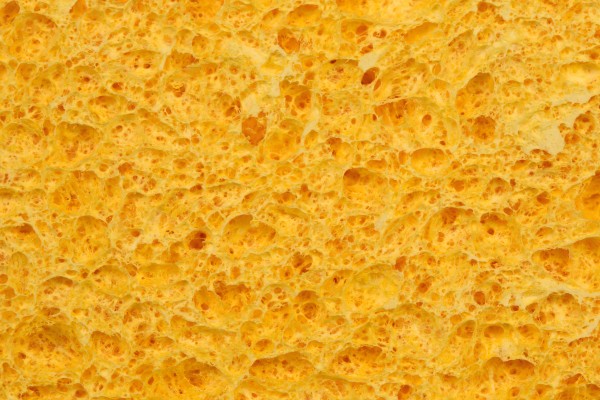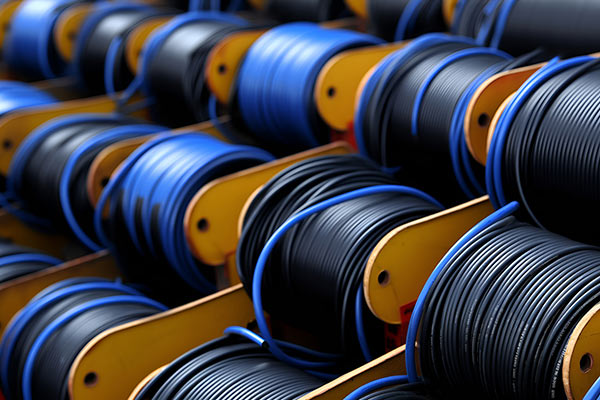Carbodiimide Hydrolysis Stabilizers for PU Shoe Sole Systems: A Durable Solution Against Degradation

Polyurethane shoe soles, known for their cushioning and abrasion-resistant properties, are widely used in the footwear industry today. However, PU materials—especially polyester-based PU—are prone to hydrolytic degradation, particularly in humid climates or after long-term storage. This can lead to issues such as stickiness, foaming, or crumbling of the soles. Carbodiimide-based hydrolysis stabilizers are additives that […]
Carbodiimide Anti-hydrolysis Agent: Ensuring the Diverse Applications of Polyurethane Foam

Introduction Polyurethane (PU) foam is a popular material, widely utilized across multiple industries for its cushioning, insulation, and lightweight characteristics. However, its susceptibility to hydrolysis in water or high – humidity environments is a major drawback. The carbodiimide anti-hydrolysis agent is essential when dealing with polyurethane foam (PU foam). It acts as a safeguard, protecting […]
Carbodiimide Antihydrolysis Agent for Millable Polyurethane Rubber Applications

Millable polyurethane rubber has become widely utilized due to its exceptional properties. Unfortunately, due to moisture exposure and subsequent hydrolysis reactions, polyurethane rubber can easily be affected by hydrolysis reactions which compromise its performance and service life; to overcome this challenge, carbodiimide anti-hydrolysis agents have emerged. What is Millable Polyurethane Rubber? Millable polyurethane rubber (MPR) […]
Application of Anti-hydrolysis Agents in Polyester Polyols and Polyurethanes

Polyurethane (PU) is usually prepared by the reaction of isocyanate or terminal NCO prepolymer with polyol or polyamine. Among them, polyol is the main raw material in polyurethane chemistry. According to different monomers, synthesis processes and molecular structures, polyols can also be divided into two major categories: polyether and polyester. What is polyol? Polyol, also […]
Utilizing Anti-Hydrolysis Agents in Thermoplastic Polyurethane Films: Introducing Innovations that Reduce Hydrolysis

Introduction Within material science, thermoplastic polyurethane (TPU) films have emerged as an innovative solution, boasting impressive properties. Their durability and performance characteristics have only increased with anti-hydrolysis agents added as anti-hydrolysis agents further strengthen them extending their use across applications. This article delves deeper into their properties, applications and transformative potential within TPU film applications. […]
Application of carbodiimide as an anti-hydrolysis agent for bio-based TPU

Bio-based thermoplastic Polyurethane (TPU), also named bio-based polyurethane, has gained a lot of attention in recent years. However, it is possible that ester bond hydrolysis could occur during its usage. Hydrolysis means the chemical chain is broken under the influence of water. This problem can be solved by adding carbodiimide. We will share this information […]
A detailed look into the hydrolysis of polymers: Profound focus on Urethane Hydrolysis

Basic Hydrolysis of polymers The hydrolysis of polymers involves a chemical reaction in which water interacts directly with the polymer. This interaction breaks the bonds that hold it together, and reduces the polymer into monomers or smaller polymer chains called oligomers. This is the opposite of polymerization – the process that creates polymers by combining […]
Preventing Cracking in PU Leather: Techniques and Solutions

What is PU? Polyurethane (PU) is a polymer material whose molecules contain repeating units of ether or ester bonds. PU has a wide range of excellent properties, including abrasion resistance, oil resistance, solvent resistance, and good elasticity, so it is widely used in many fields, such as synthetic leather, coatings, adhesives, sealants, and foams. Classification […]
Enhancing Sustainability: The Role of Anti-Hydrolysis Agents in PU Leather Production

With the increasing awareness of environmental protection and people’s pursuit of sustainable products, PU leather is becoming increasingly popular in the market as an environmentally friendly product. What is PU leather? PU (Polyurethane) leather is a synthetic leather with a structure and production process that make it look and feel similar to genuine leather, but […]
